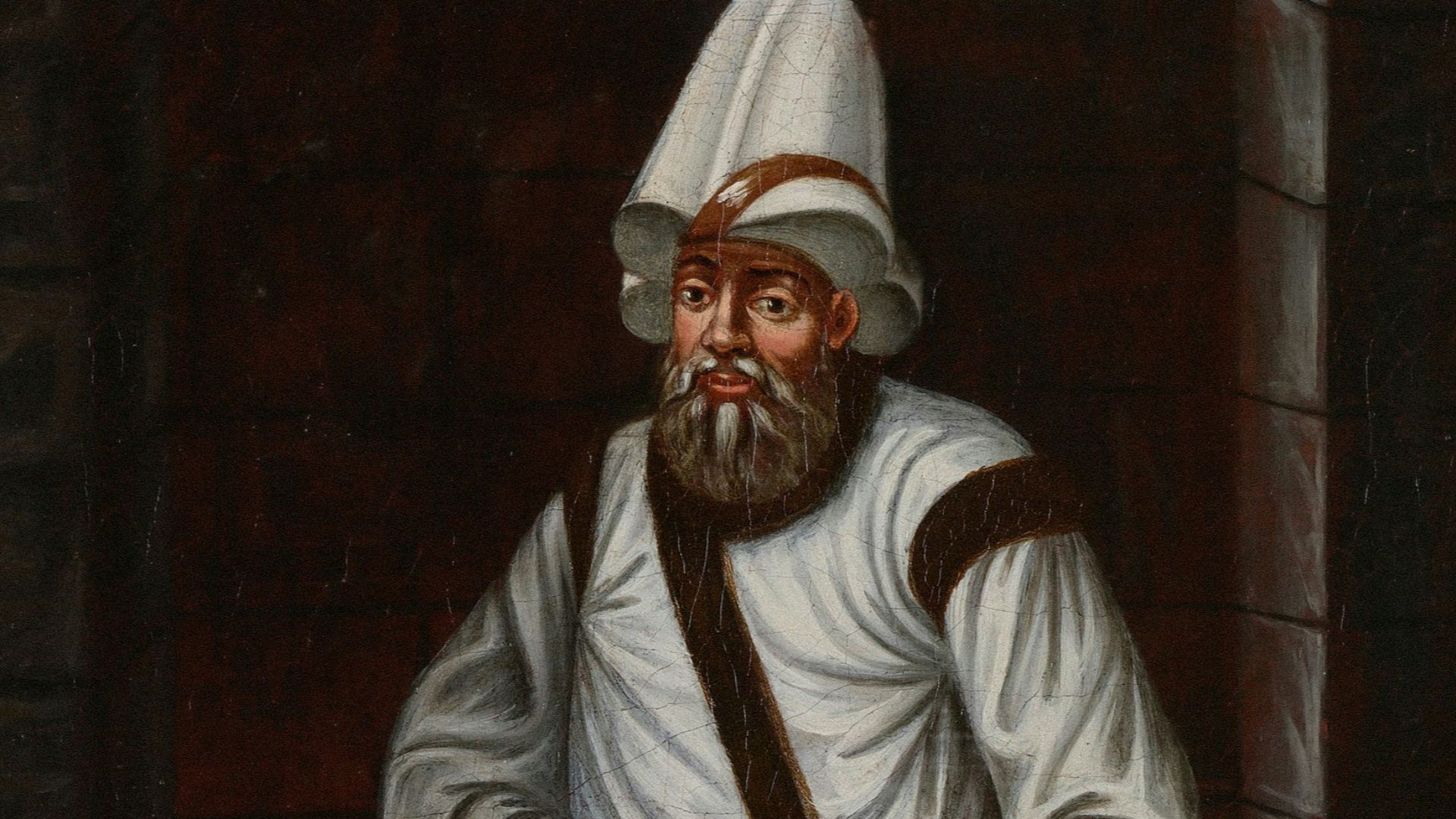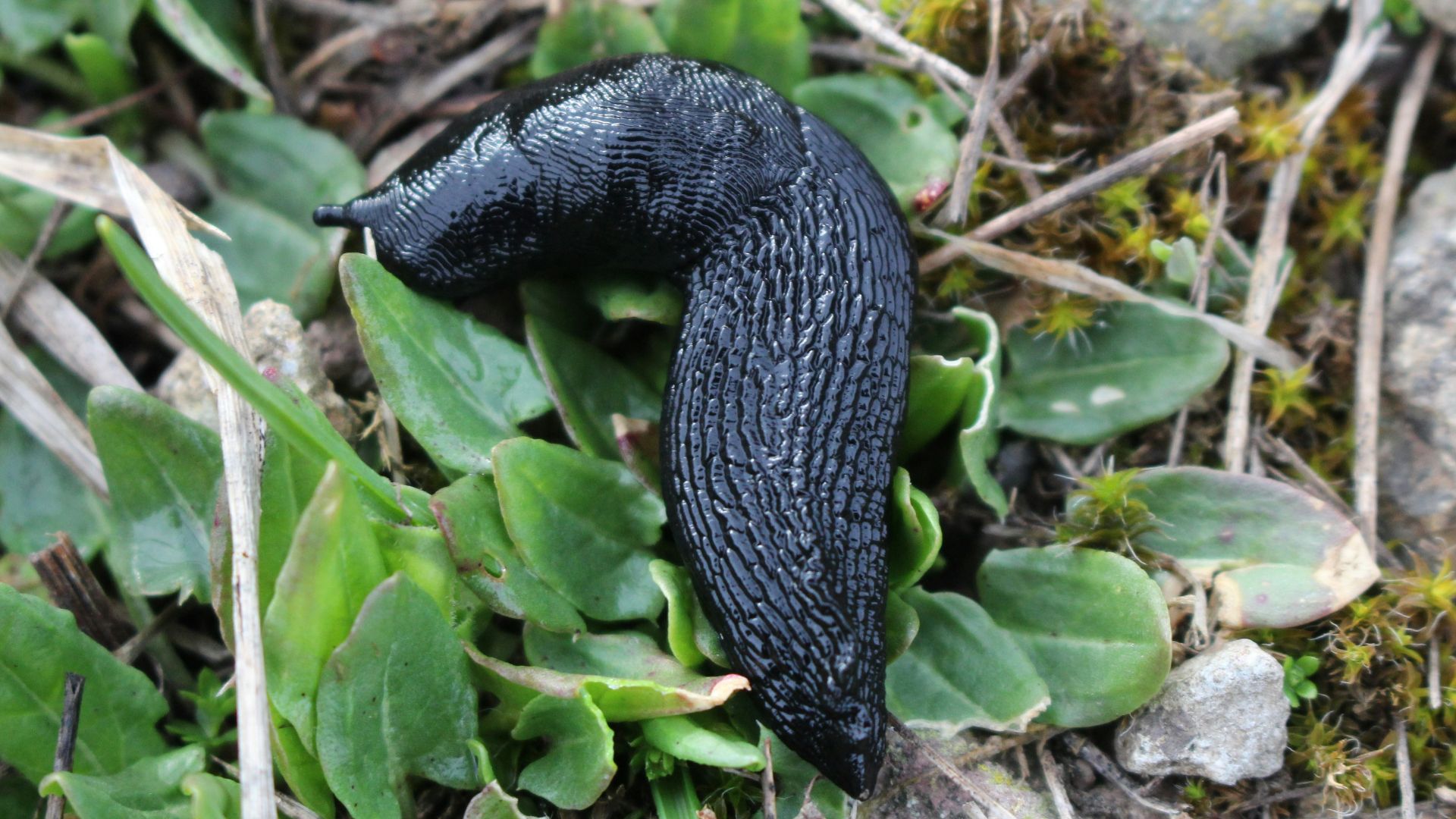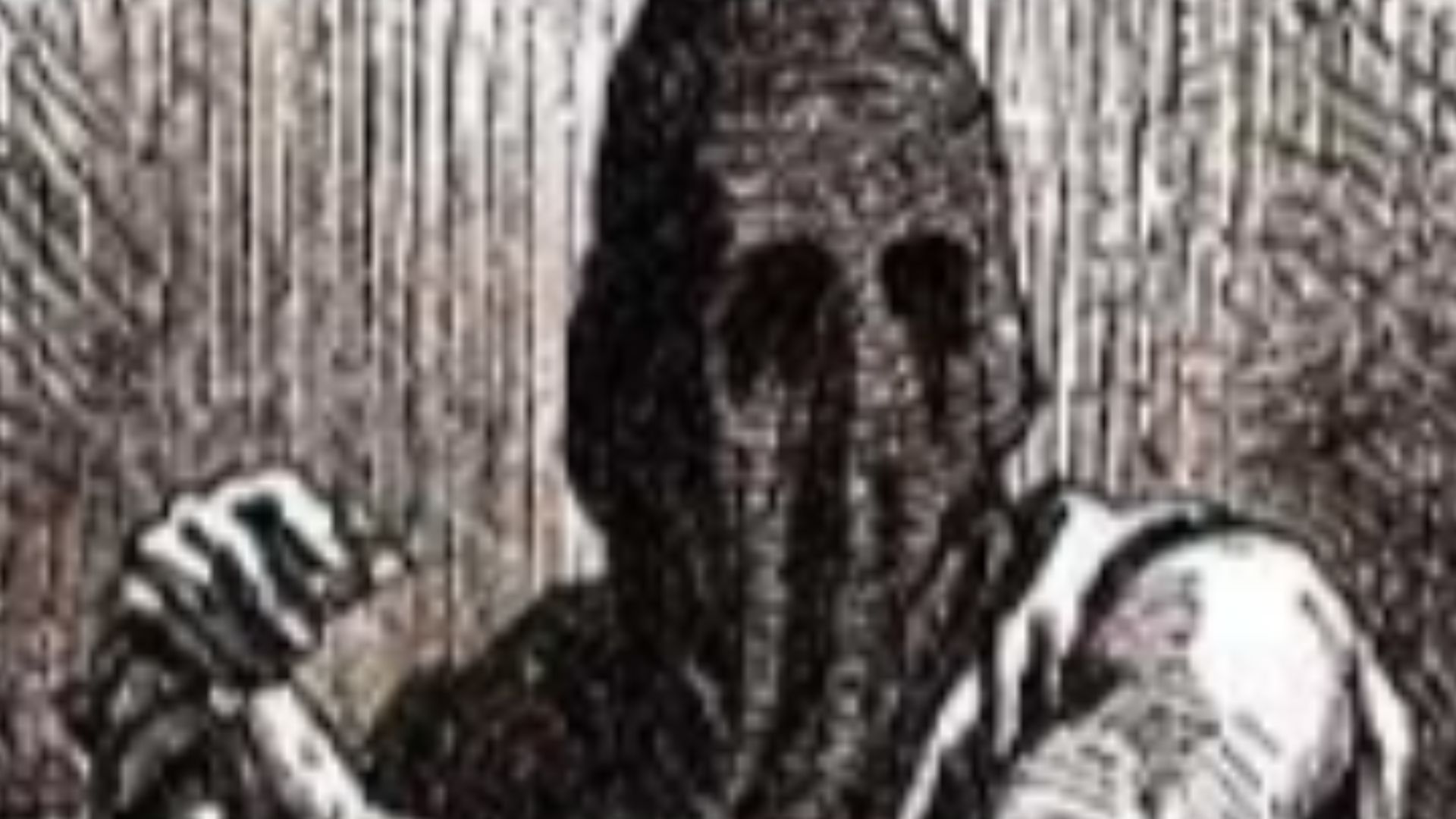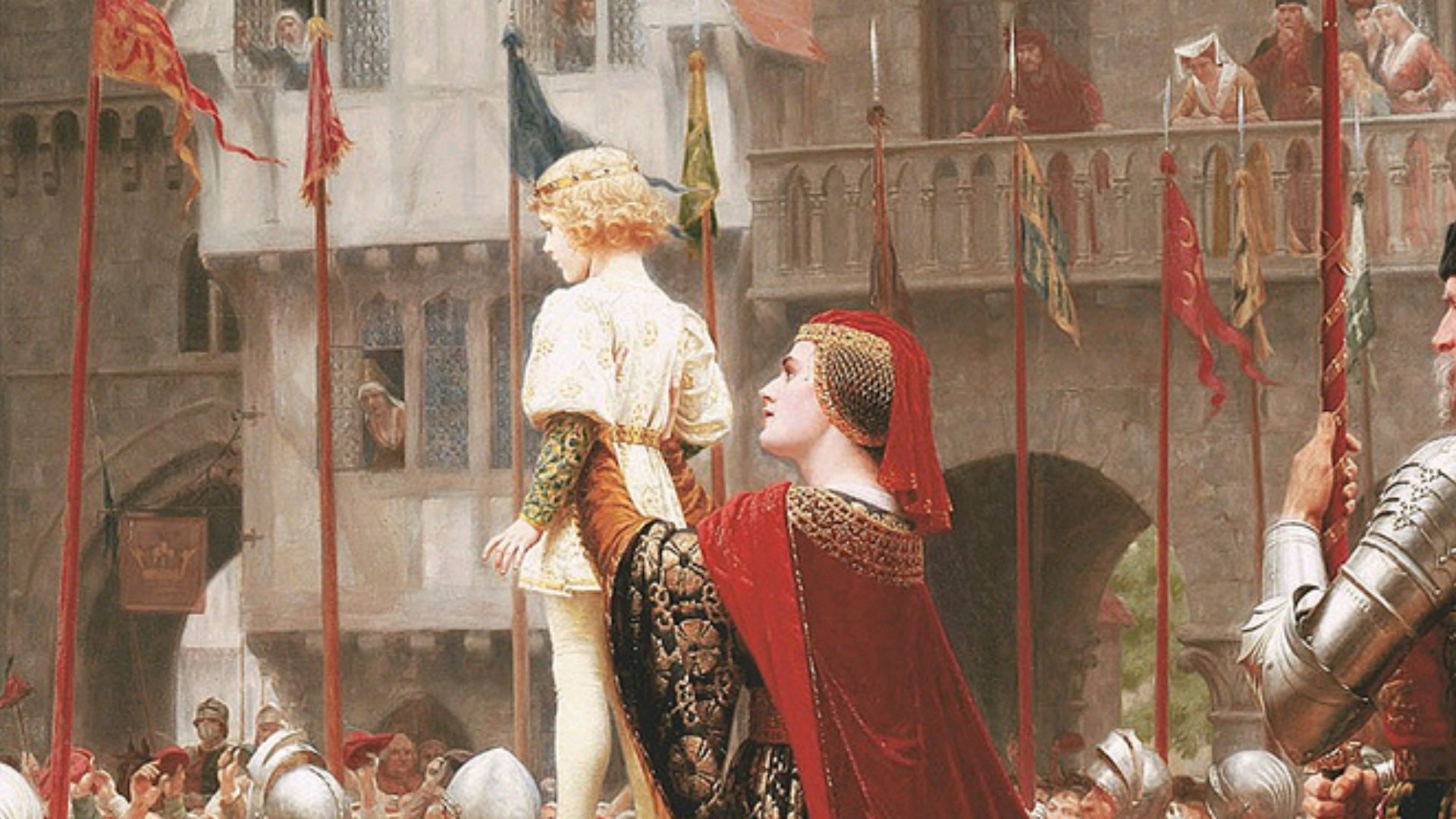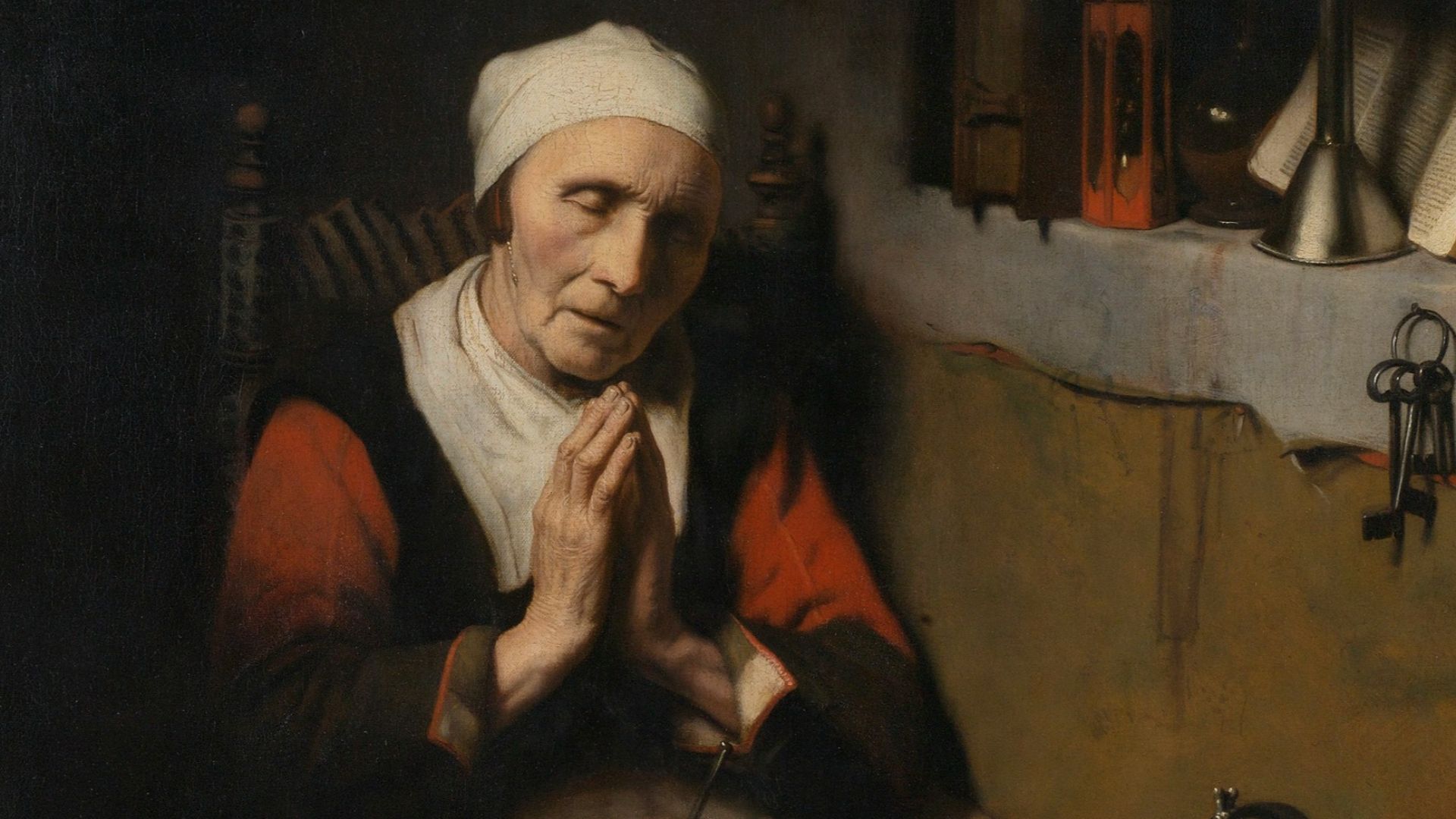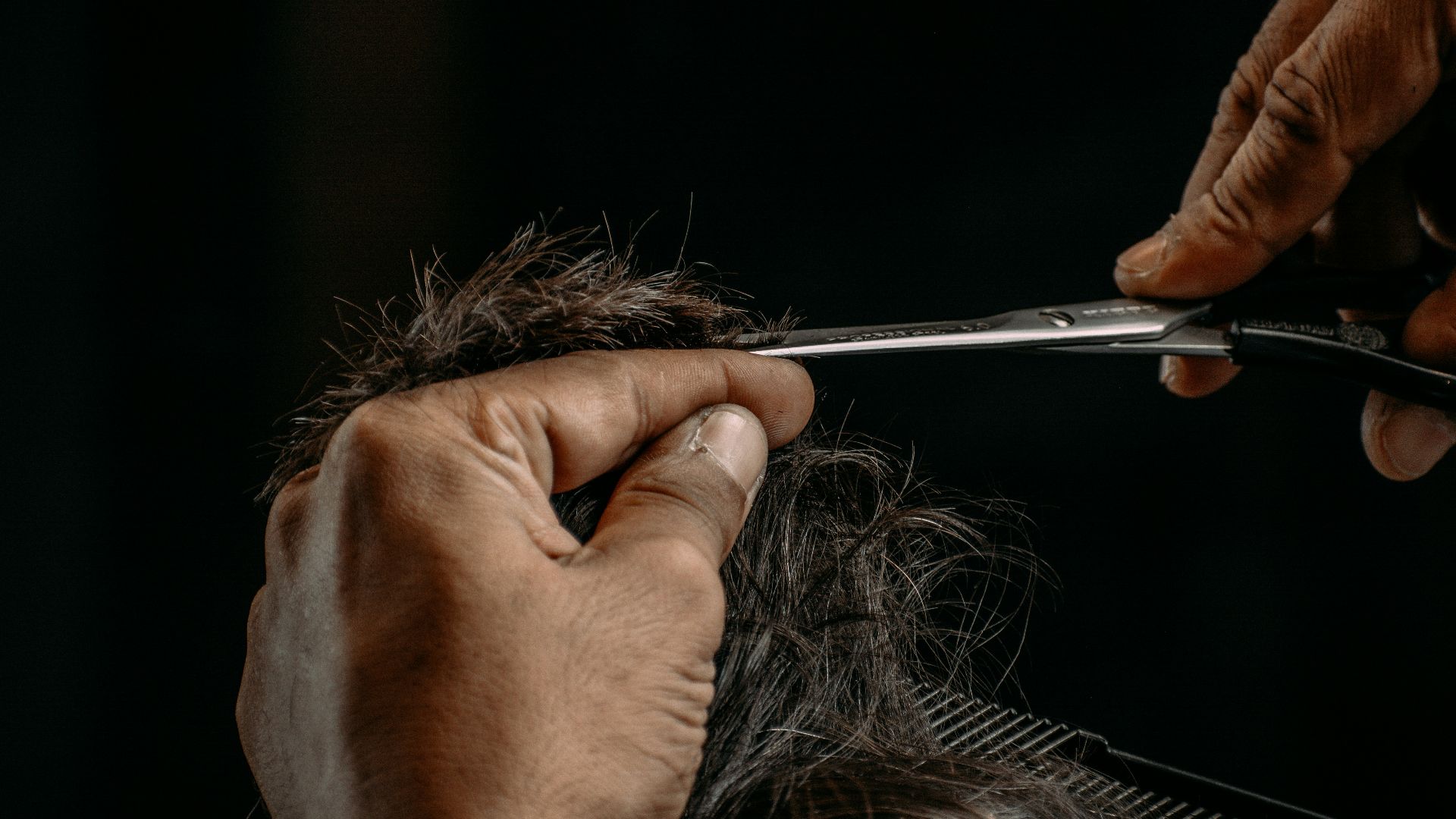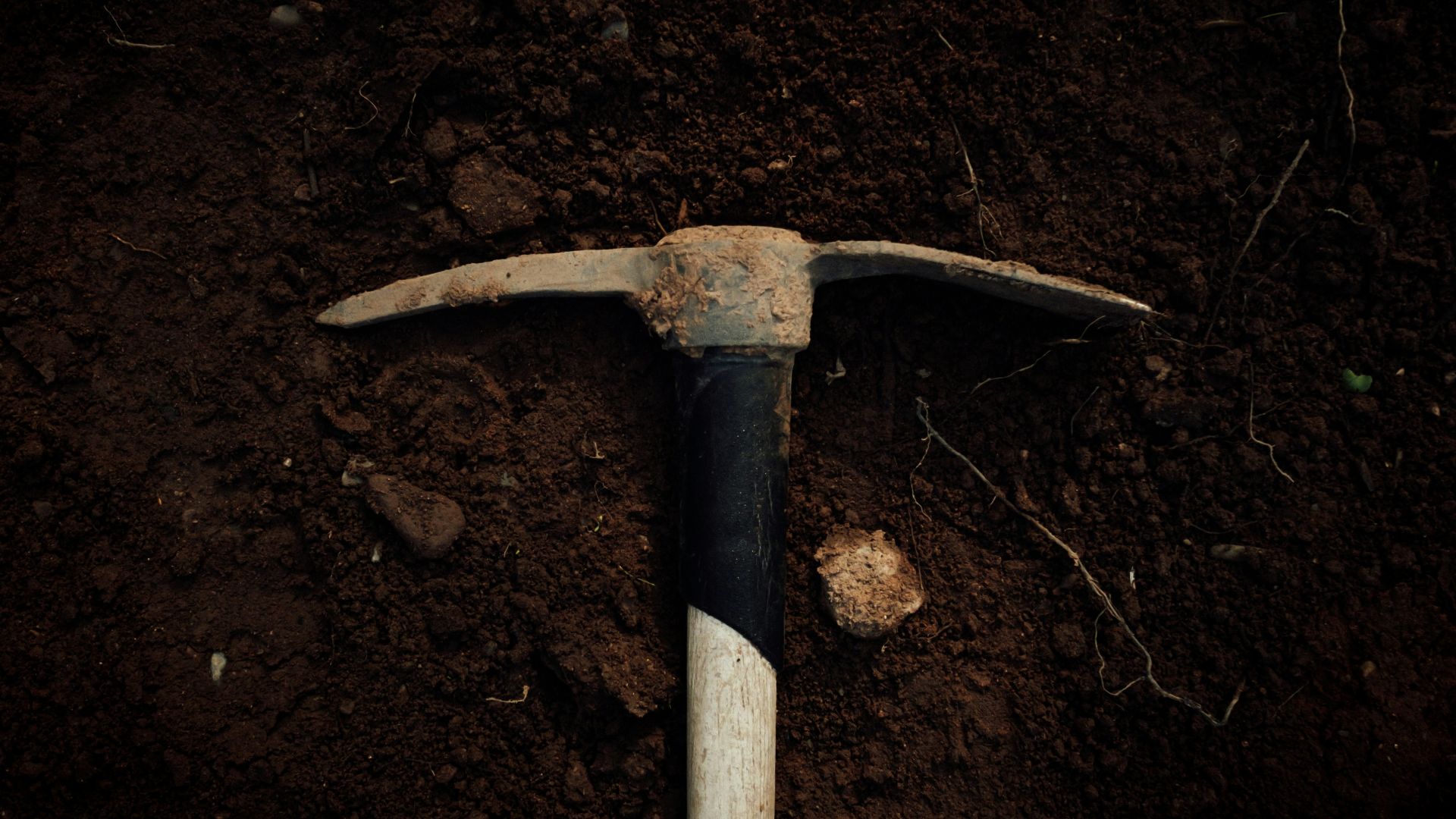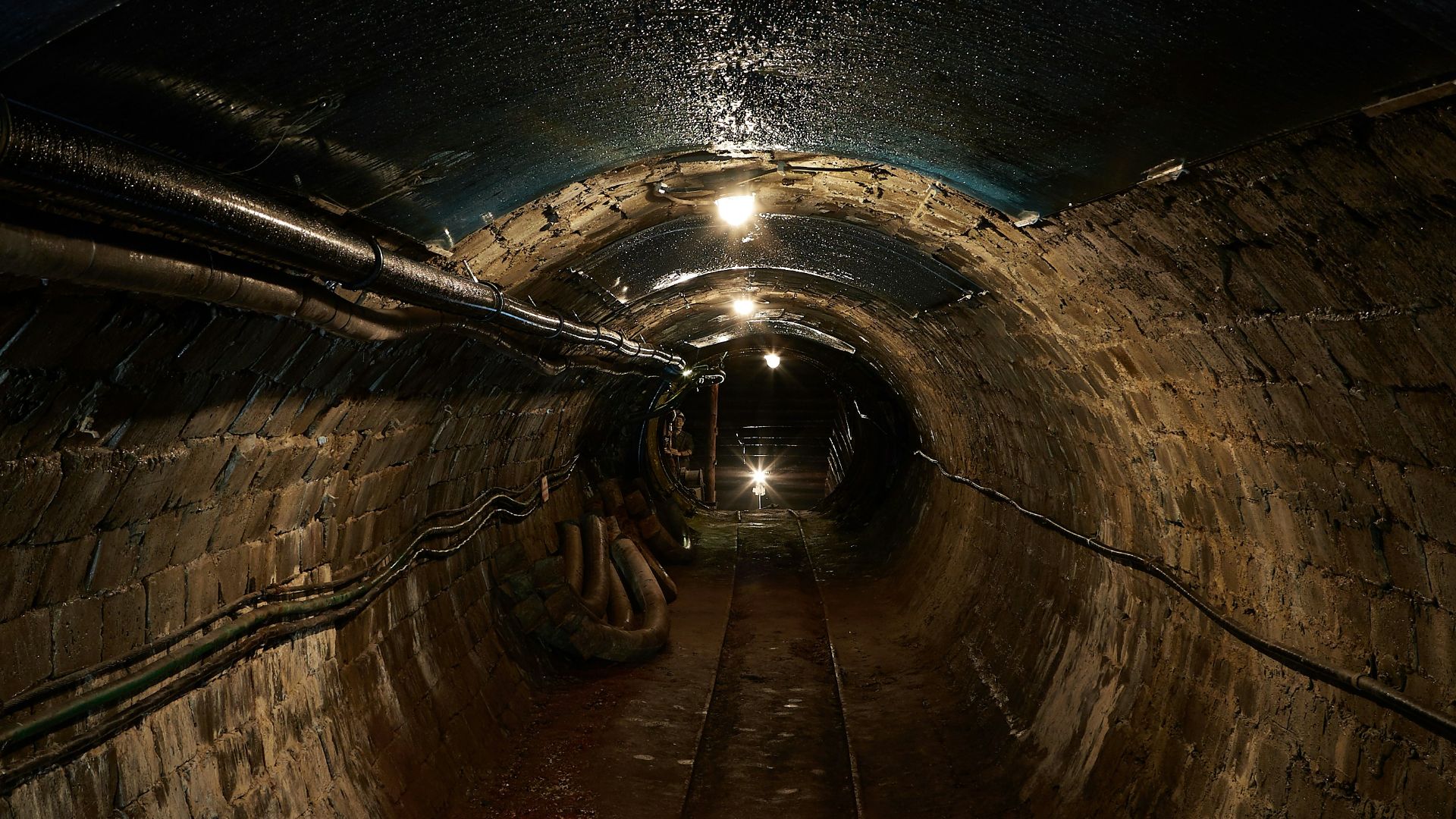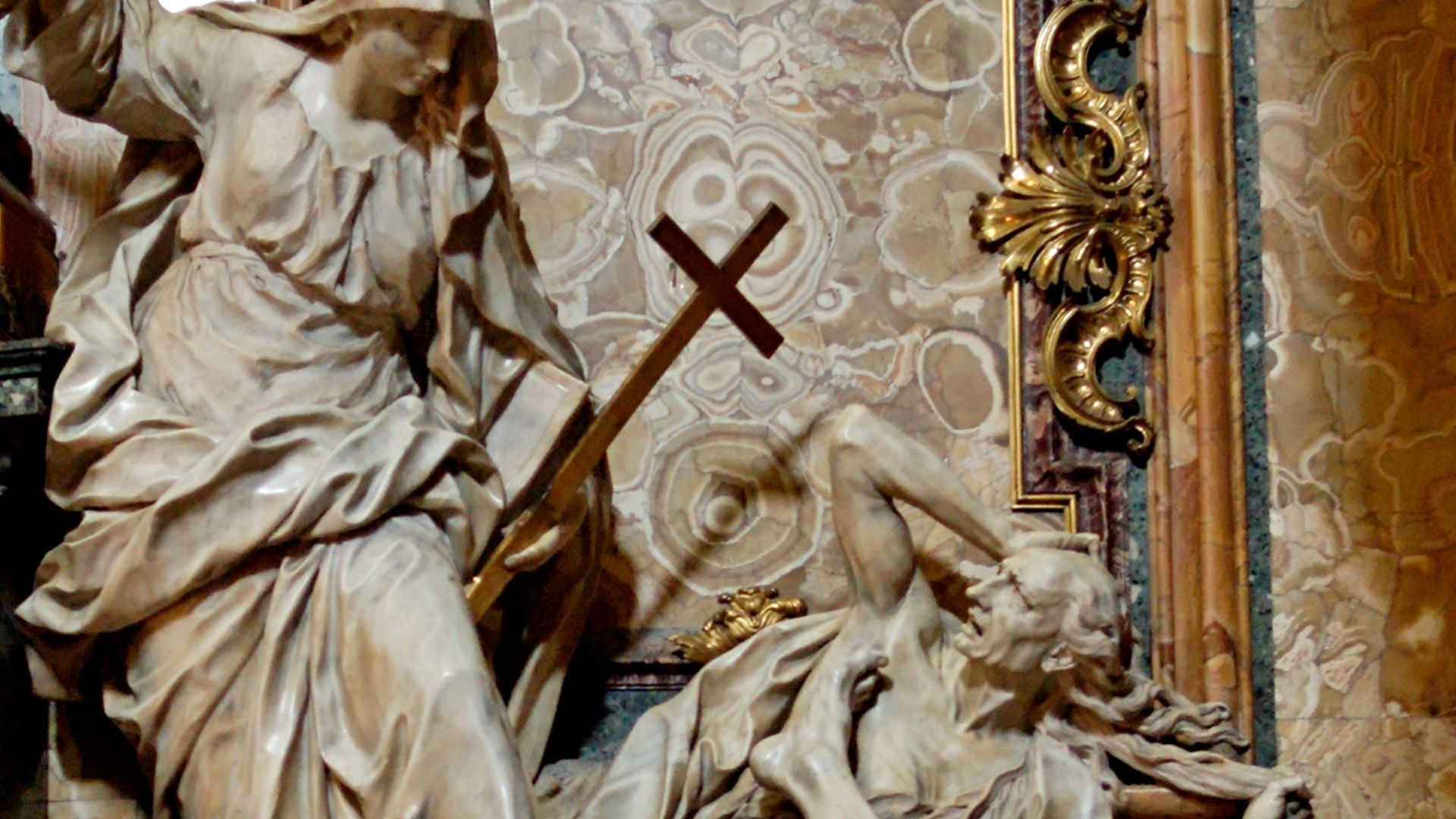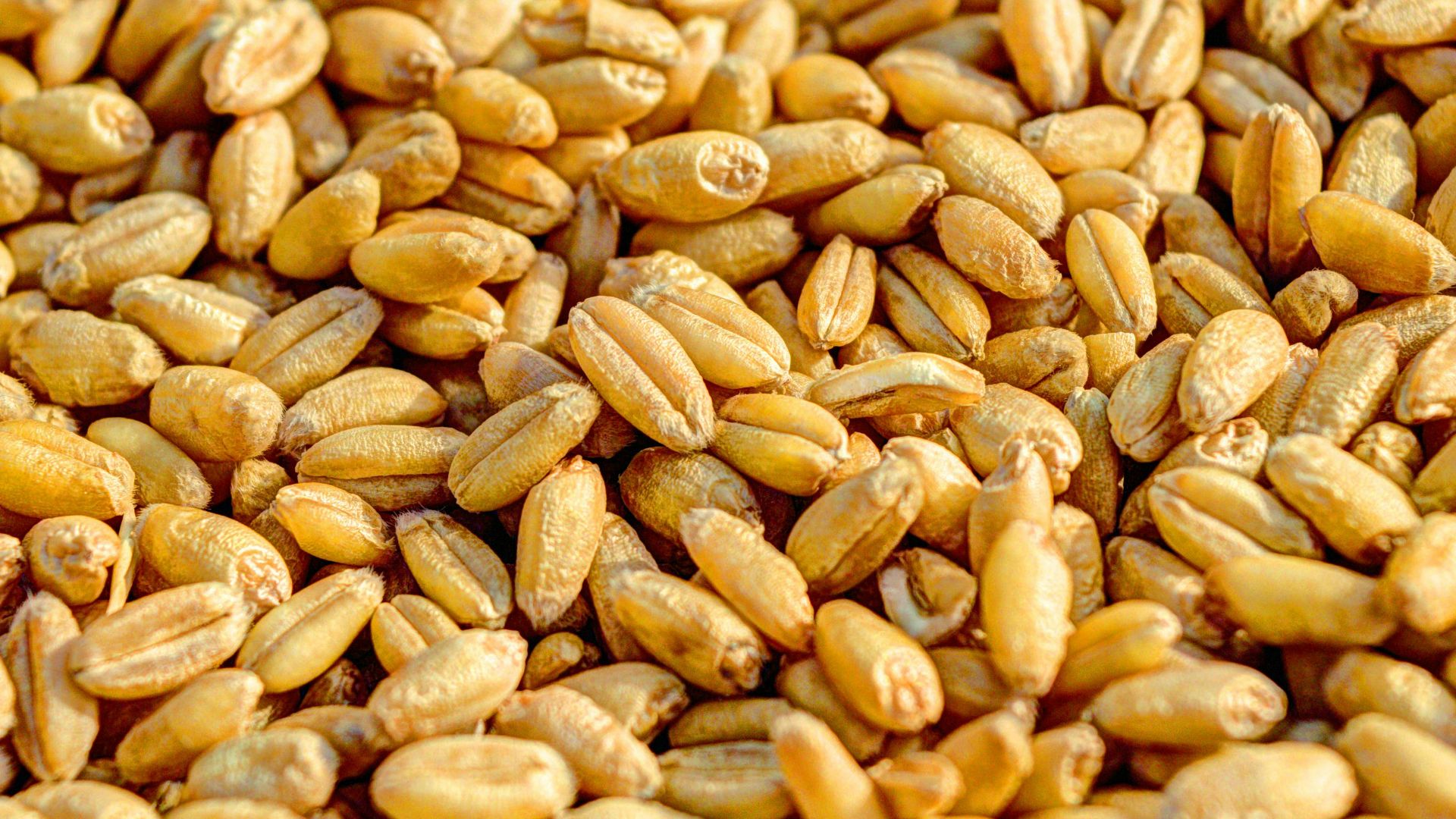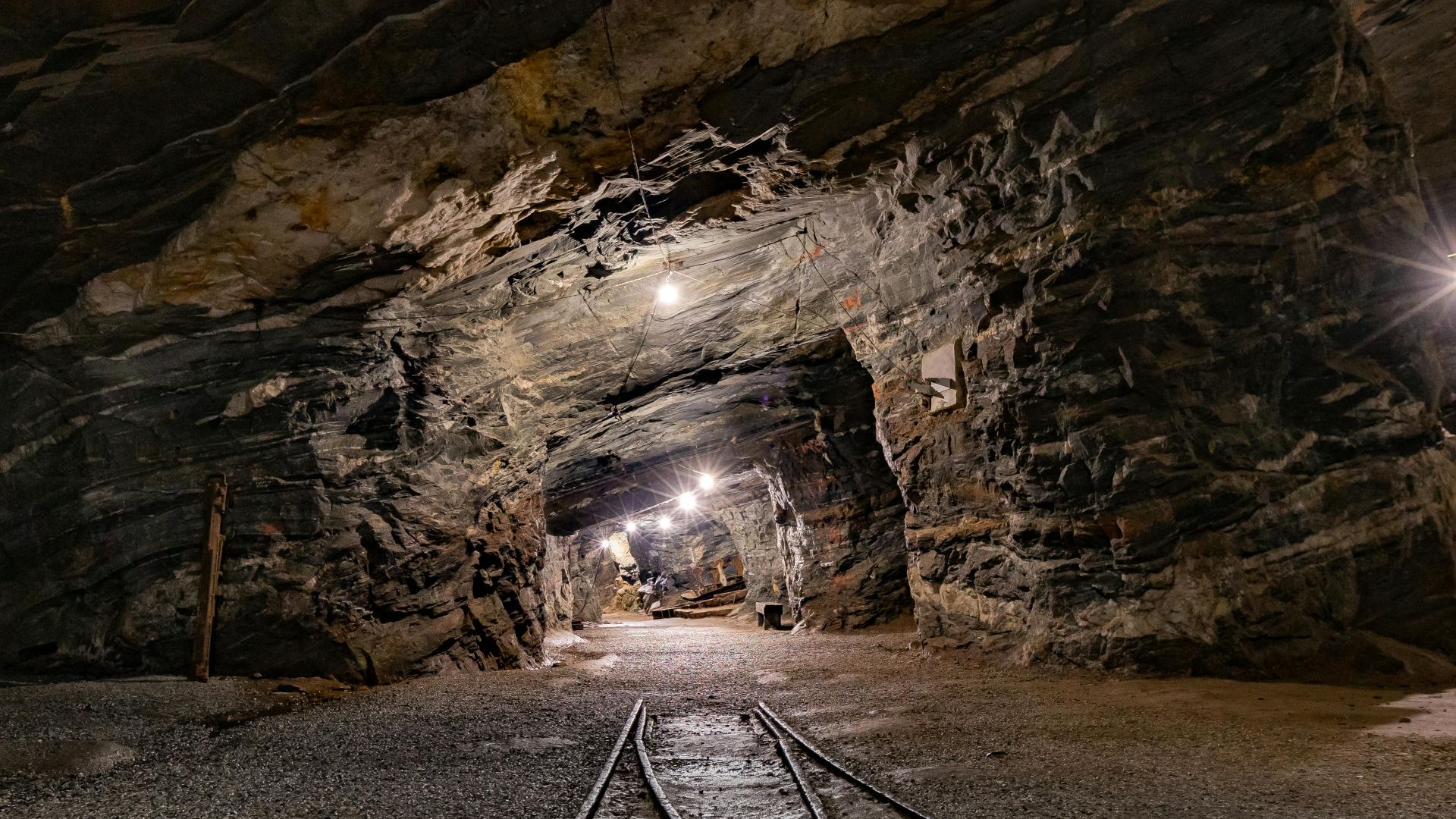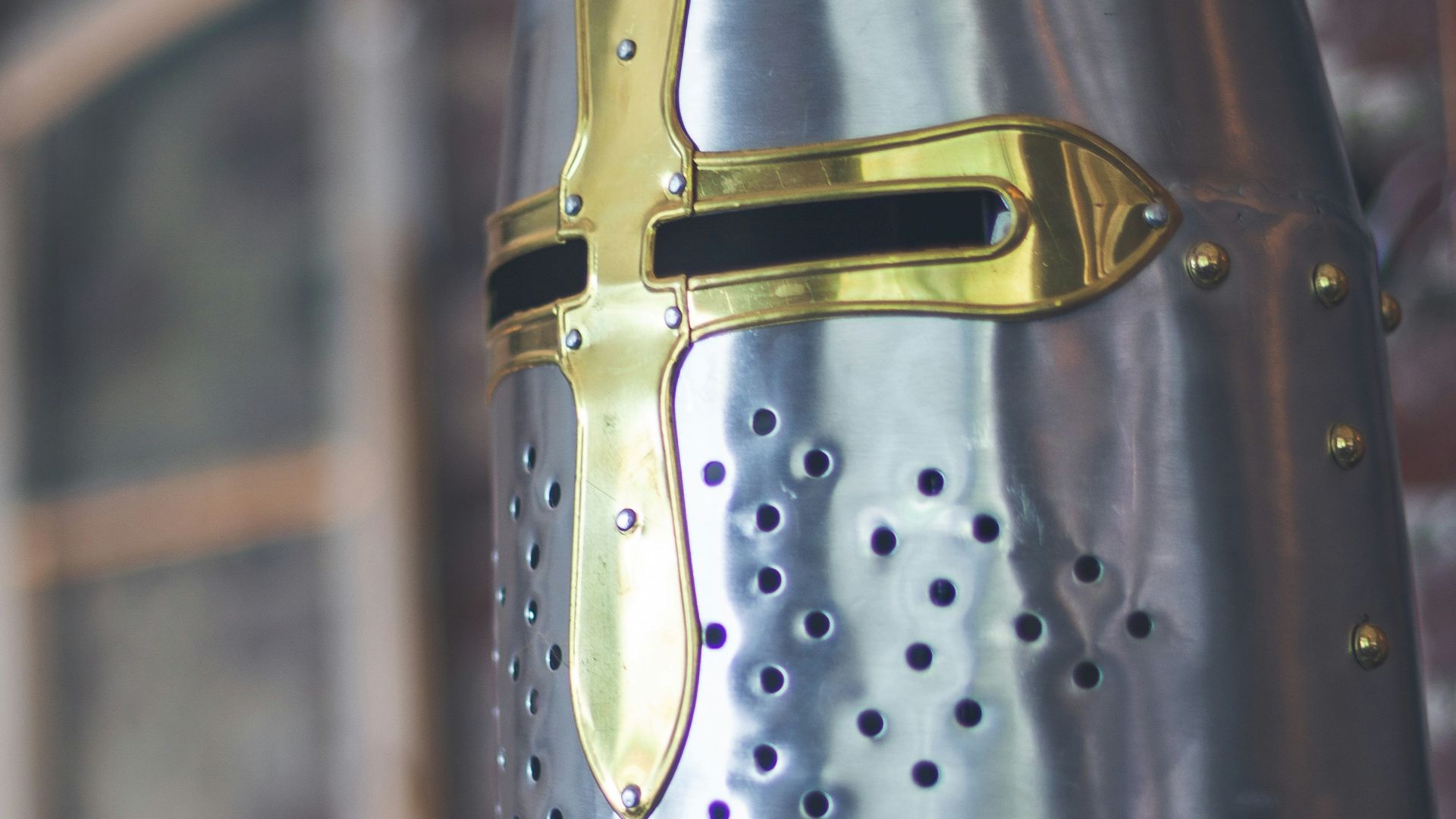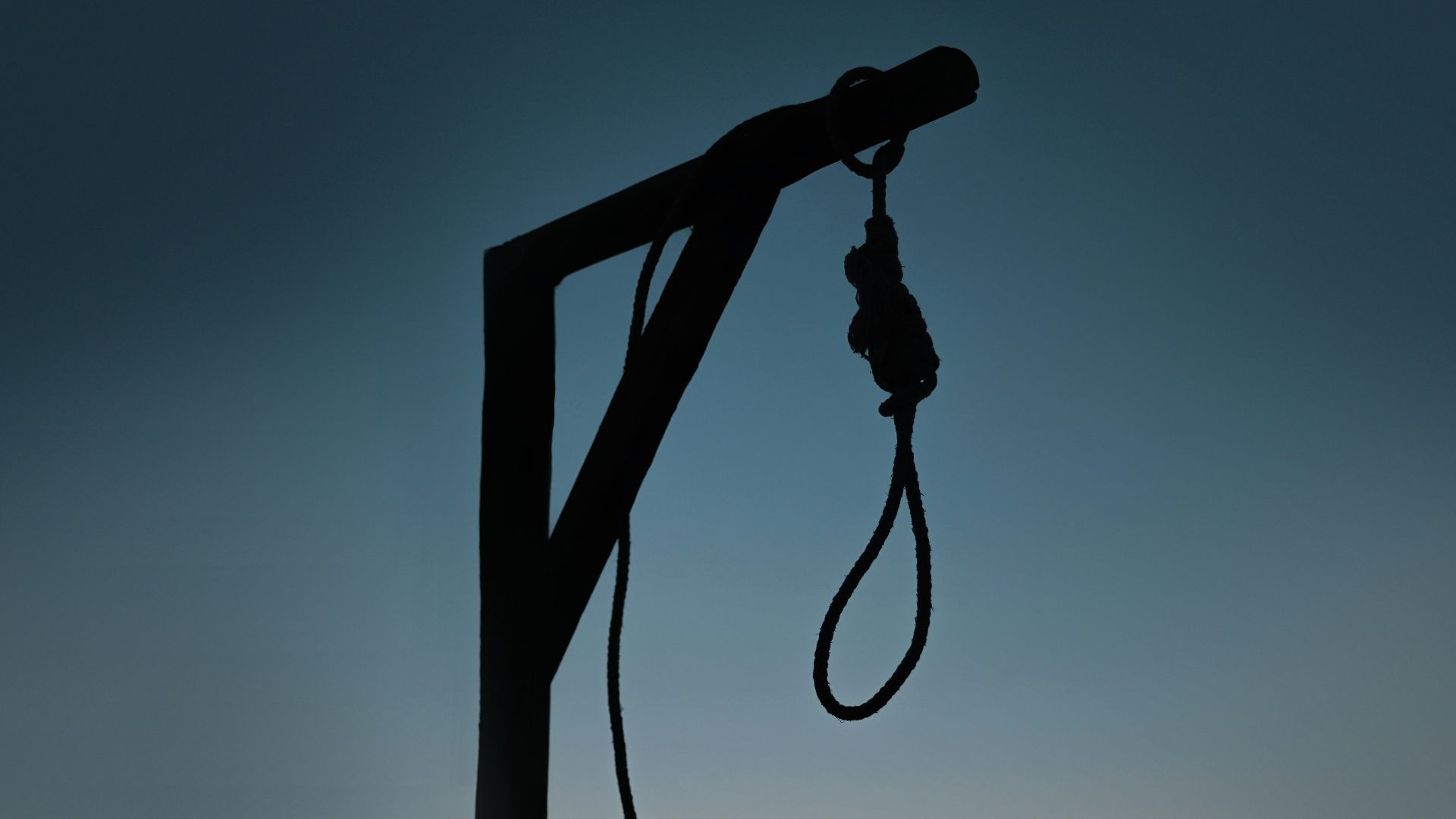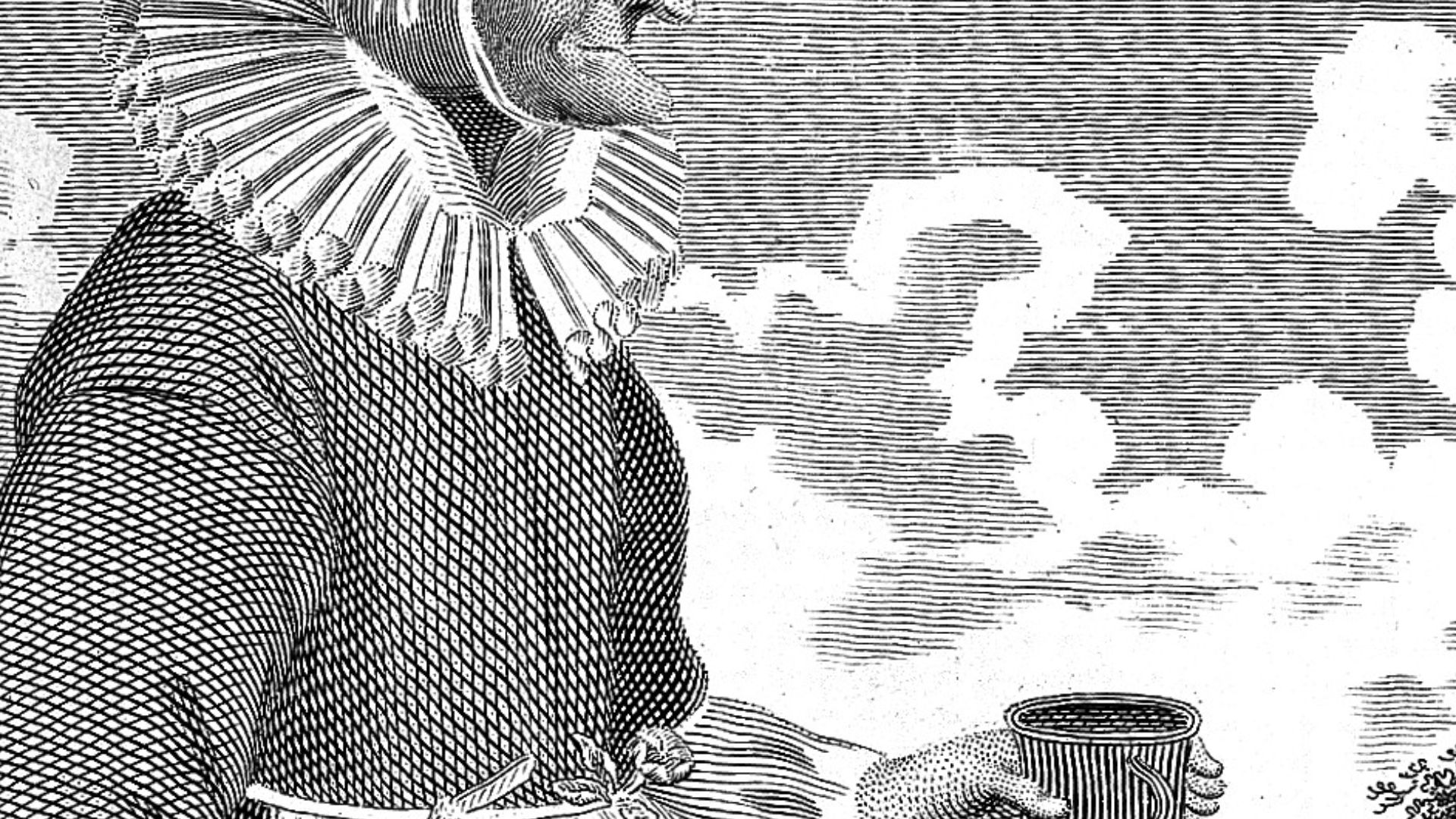Being a Tanner Might Sound Glamorous
People living during the Medieval ages had to work some crazy and very specific jobs. Whether you were a fuller processing wool or a tanner soaking animal hides in urine, you had a lot of reasons to leave work at the office. Here are 20 Medieval jobs you wouldn't want to have.
1. Gong Farmer
A gong farmer's job was to clean out cesspits and privies, and might have been the worst job of the era. They had a bucket and a shovel and spent their night hauling human waste in carts. The stench must have been overwhelming.
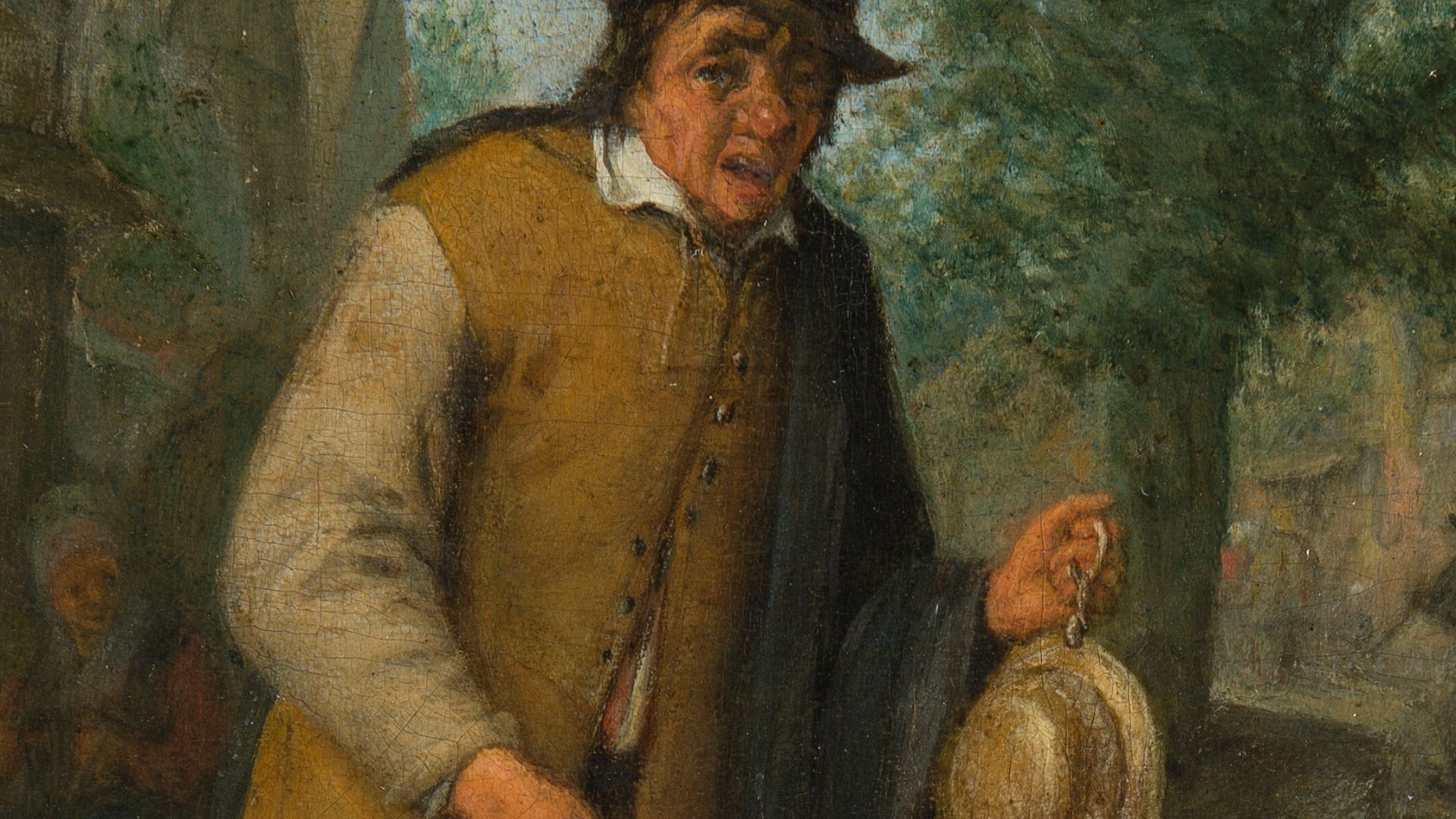 commons.wikimedia.org on Google
commons.wikimedia.org on Google
2. Leech Collector
Leeches were used for bloodletting and were a key part of medieval medicine. A leech collector had to collect leeches from marshes by wading barefoot, so the leeches could attach to their skin. Leech collectors were prone to getting infections and experiencing excessive blood loss.
3. Fuller
A fuller processed raw wool into cloth by cleaning it in vats filled with urine. The urine acted as a natural detergent, and workers would stomp barefoot in it for hours. The urine smelled bad, burned their skin, and carried diseases.
4. Tanner
A tanner's job was to prepare raw animal hides for leather by soaking the skin in urine and dog feces. The mix of urine and dog feces softened the material. Tanners had to scrape fat, hair, and flesh from rotting carcasses.
5. Executioner
The title of executioner was quite literal. They carried out hangings, beheadings, and burnings, all of which were horrific and gruesome. An executioner who botched a beheading would be publicly scorned and could be the target of violence from the crowd.
6. Rat Catcher
Rat catchers hunted rats carrying deadly fleas through plague-riddled Europe. They were tasked with handling diseased animals and risking infection. Many rat catchers died from the various plagues they were helping combat. Their office were usually dirty alleys, sewers, and filthy barns.
7. Whipping Boy
In the Medieval ages, royal children couldn't be punished physically, so they needed a companion to take the beating for them. A whipping boy endured humiliation and pain for offenses committed by another and was left with emotional scars.
8. Sin-Eater
The job of sin-eaters is one that didn't carry over to modern times. A sin-eater had to "absorb" the sins of the dead by eating food placed on corpses. This was believed to transfer the guilt of the dead to the eater. These workers were feared and shunned by the public and the church.
9. Plague Burier
Disease outbreaks were common during the Medieval ages, and plague buriers had to collect and bury the bodies in mass graves. They were highly vulnerable to infection and were surrounded by death every day. Once the outbreak was over, they had to deal with social stigmas. And, no, they didn't have any safety gear.
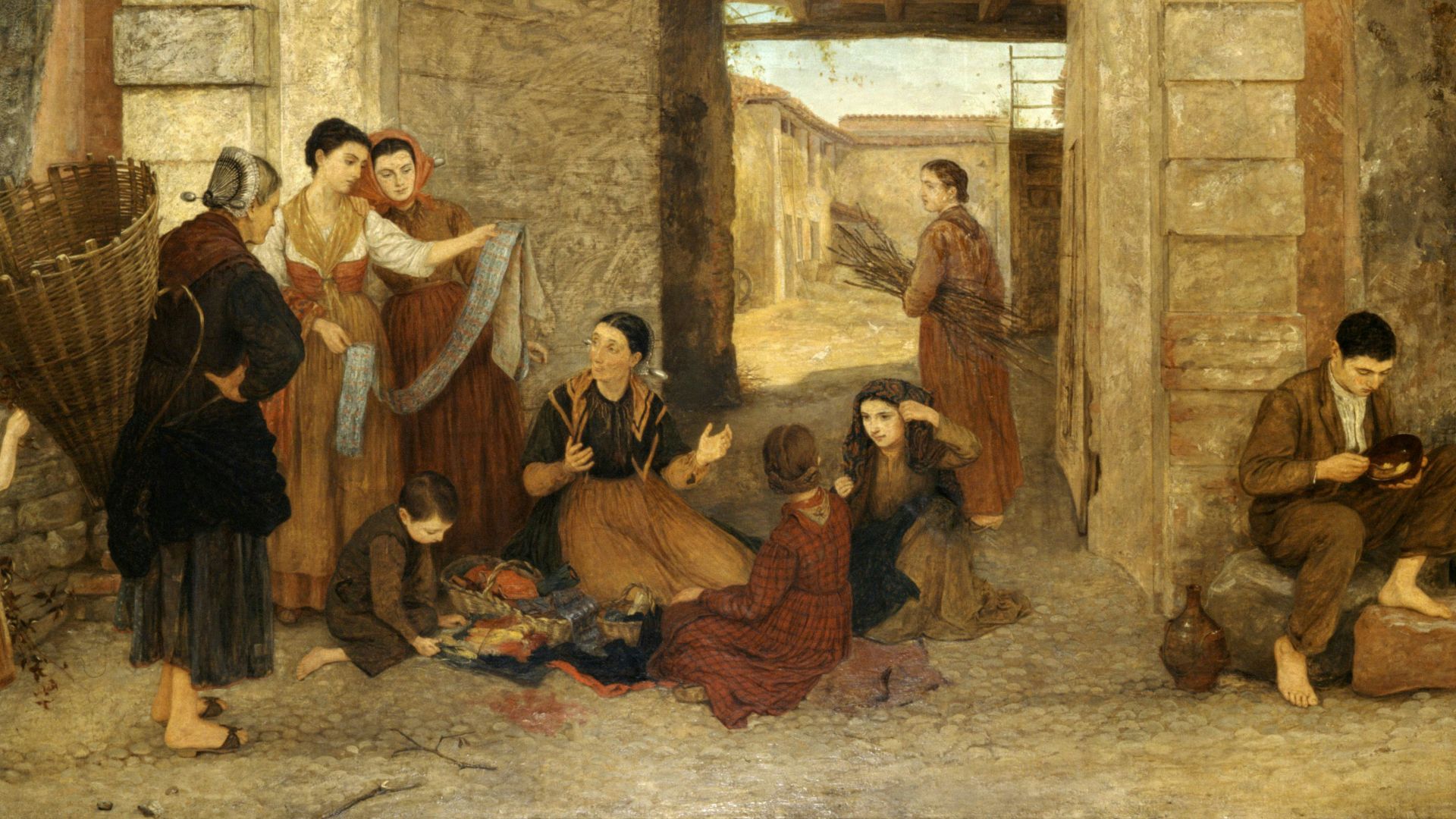 Birmingham Museums Trust on Unsplash
Birmingham Museums Trust on Unsplash
10. Barber-Surgeon
A barber-surgeon was a weird marriage of two different jobs. These people cut hair and also performed crude surgeries, including amputations. They didn't use anesthesia or sterilization, and many patients unsurprisingly died.
11. Grave Digger
Grave diggers dug graves by hand and were especially busy during plagues, which caused mass death. Grave diggers worked long hours and didn't get time off when the weather was bad. They had to deal with the most foul stenches and were constantly surrounded by death.
12. Sewer Cleaner
Sewer cleaners had to unclog waste from medieval drainage systems. They would crawl through the worst filth and were exposed to feces, infection, rats, and whatever else was down there.
13. Heretic Hunter
A heretic hunter's day was filled with exposing people accused of heresy. If they found someone to be a heretic, they would hand them over to an inquisitor. This job was immoral, and most communities hated them.
14. Resurrectionist
A resurrectionist, or body snatcher, exhumed corpses to sell to medical schools. The work was common, but illegal, dangerous, and downright revolting. There was a risk of disease and imprisonment.
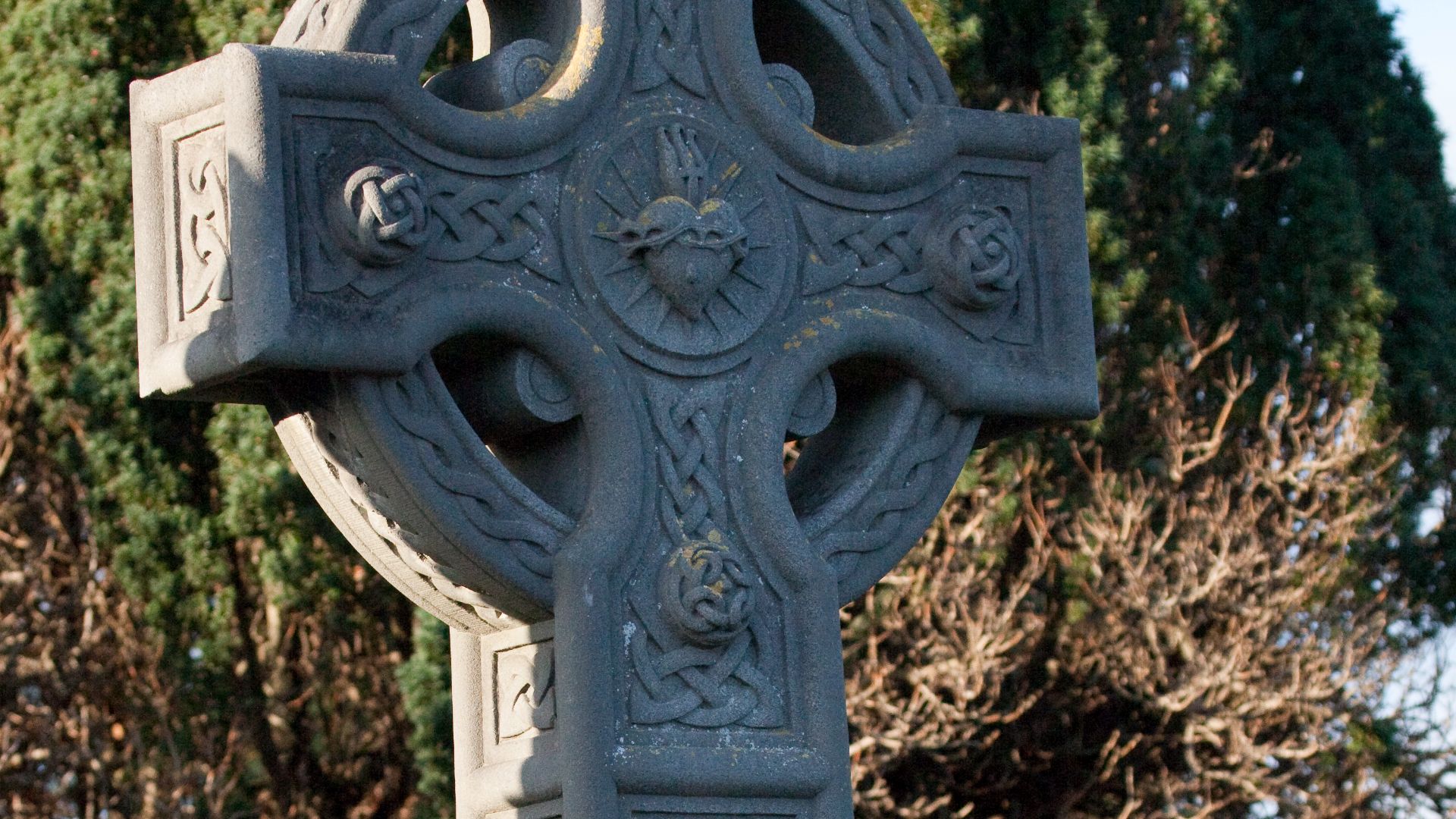 William Murphy from Dublin, Ireland on Wikimedia
William Murphy from Dublin, Ireland on Wikimedia
15. Treadmill Worker
In prisons or mills, a treadmill worker had to walk on massive wooden treadwheels to power machines or grind grain. This work was exhausting and very painful. Every day must have felt never-ending.
16. Medieval Miner
Mining is still dangerous work, but it was unbearable during Medieval times. Miners spent long days underground working with barely functional tools. Many developed lung diseases or died in mining accidents. Those who survived breathed in an unfathomable amount of dust that shortened their lifespan.
17. Knight's Squire
Squires were tasked with serving knights. They cleaned armor, tended to horses, and carried heavy weapons. The role was thankless and grueling, and often involved following the knight into battle, but not returning home.
18. Lime Burner
Lime burners had a tough job. They produced quicklime for construction by heating limestone in kilns. The fumes from lime burning blinded many of them, and they also suffered burns and severe lung damage.
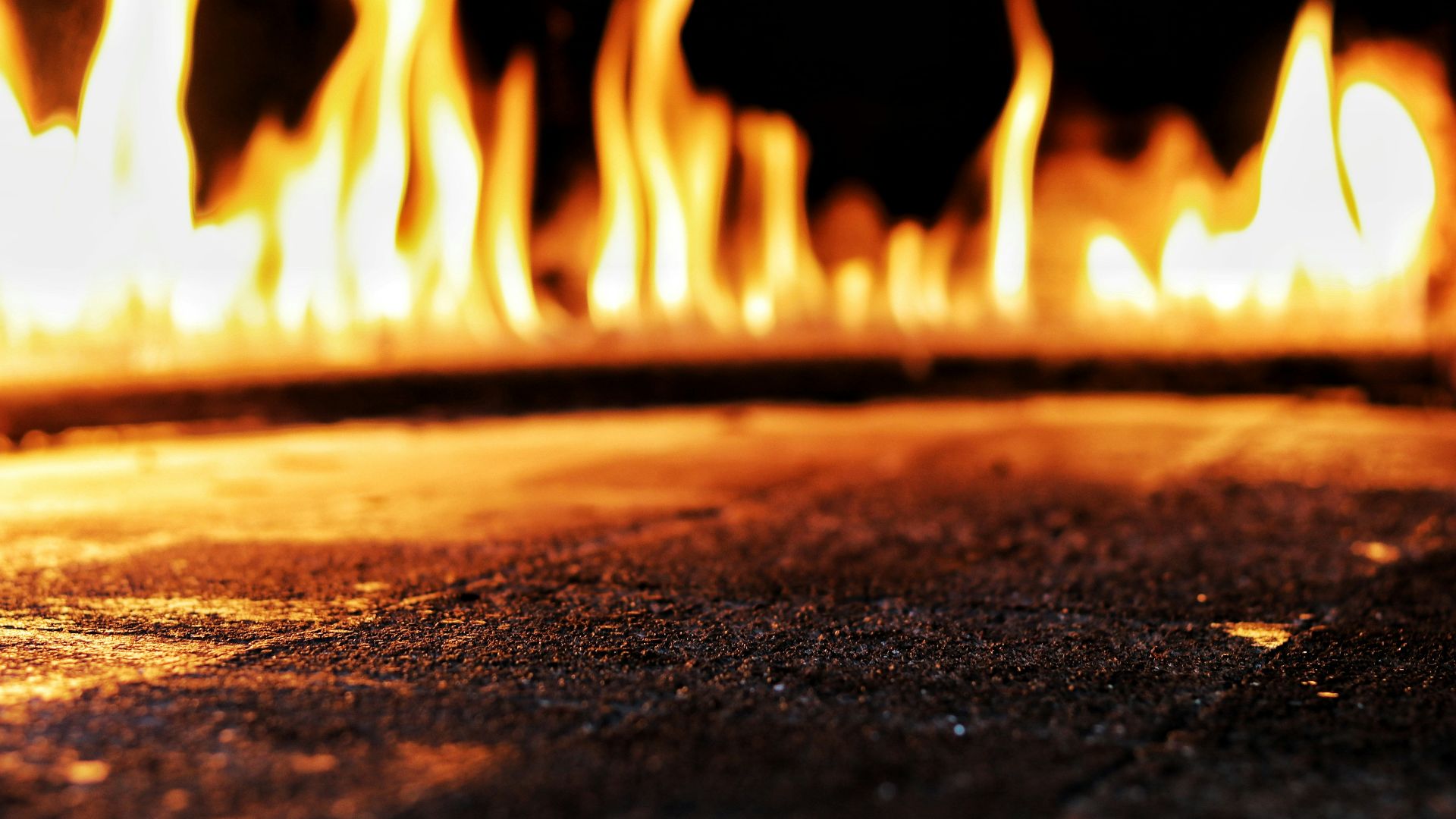 Fabian García Acevedo on Unsplash
Fabian García Acevedo on Unsplash
19. Gallows Builder
In the medieval ages, gallows didn't build themselves. A gallows builder was a craftsman who specialized in building gallows, which was a grim job. They were skilled carpenters, but there was a lot of social stigma associated with the profession. Furthermore, it must have been hard knowing that when you completed the job, someone would die a gruesome death.
20. Alewife
Being an alewife sounds cool, especially when compared to other Medieval jobs. An alewife was a woman who brewed ale, but there was a very serious downside to the job. If they brewed a batch that poisoned a customer, they faced accusations of witchcraft.
KEEP ON READING

New Moon, Old Red Paint: A History Of The Chinese…
Ancient Emperors Ate Dumplings. The Chinese New Year is a…
By Megan Wickens Jan 28, 2025
The Biggest Thinkers Of All Time & Their Theories
We're Still Learning From Them Today. From Charles Darwin to…
By Emilie Richardson-Dupuis Jan 29, 2025
20 Wives From History That Are Cooler Than Their Famous…
"Behind Every Great Man, There Is A Woman". Many powerful…
By Megan Wickens Jan 14, 2025
20 Greatest Poets the World Has Ever Known
Beloved Poets of Our Time. There's more to poetry than…
By Christy Chan Jan 14, 2025
From School Plays To Starting A Cult: 20 Of The…
The Books That Made Us. Many people will tell you…
By Farva Ivkovic Jan 31, 2025
20 Facts About Jane Grey, The Forgotten Queen Of England
A Quick, Messy, and Tragic Reign. Lady Jane Grey never…
By Maria Cruz Jan 31, 2025

